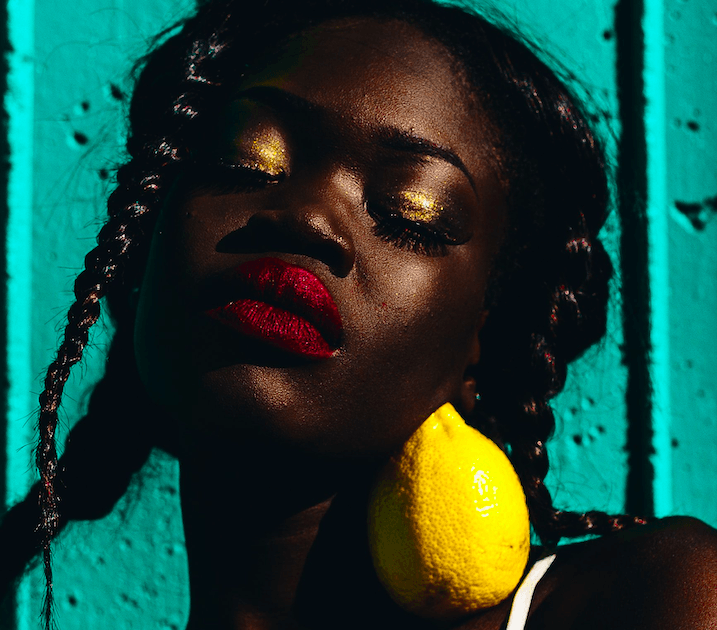Lasting issues with diversity in the cosmetics industry
In recent years, we have seen a welcomed growth in the diversity expressed within the cosmetics industry, the most prominent example of this being the release of Rihanna’s Fenty Beauty line in September 2017. The unquestionable star of the show was the ‘Soft Matte Foundation’ which included 40 different shades.
Fenty demonstrated exactly how simple it should be for brands to be inclusive. Since their initial launch, Fenty Beauty has since released a ‘Hydrating Longwear Foundation’ in August 2019, with an incredible 50 shades. Fenty has also made sure that their entire range is cruelty-free, an ever-growing concern for consumers. Rihanna has certainly set the standard for inclusivity within makeup.
Another brand making sure their foundations are wearable by all is Huda Beauty. Their mid-tier ‘Faux Filter Foundation’ includes 30 shades. Huda has even taken another step into inclusivity to include men in their advertising material and shade example pictures.
This imbalanced distribution of shades is unfortunately echoed throughout the industry
However, there are still many brands that have not embraced diversity within their foundation shades. An example of a more expensive product would be the release of Kevyn Aucoin Beauty’s ‘Etherealist Skin Illuminating Foundation’. Despite being a high-end and incredibly expensive product, the shade range is limited to just 16 shades. Even with this limited range, there are far more light shades in the range than there are medium and dark. This imbalanced distribution of shades is unfortunately echoed throughout the industry.
Many cheaper brands also struggle to incorporate the same shade range as brands such as Fenty. Even if brands are working with a smaller budget, they still need to make sure they are inclusive. A relatively new brand, Colorpop, released their ‘No Filter Foundation’ in 2018 containing a seemingly impressive 42 shades. Troubles arise when you take a closer look at the range – although there are a lot of shades, the vast majority are light shades. In a business sense, it makes absolutely no sense to isolate a large market of potential buyers by not including their shade.
It is unfair that this cheaper market is not as accessible for some audiences
Similarly, Maybelline’s ‘Dream Radiant Liquid Hydrating Foundation’ offers 20 shades, but barely 4 shades are what most would consider dark shades. A wider problem that arises from cheaper brands failing to be inclusive is that it prevents people of colour who want to get into makeup but do not want to or are unable to spend what mid and high-end brands charge. It is unfair that this cheaper market is not as accessible for some audiences, making it more difficult to experiment and find their style. People shouldn’t have to spend more to be able to find a foundation that matches their skin.
Another important aspect of diversity within cosmetics concerns advertisement. There is a huge disconnect. Even when there are products to represent everyone, it seems they are not advertised. London is one of the most diverse cities in the world so you would expect this to be reflected in the adverts you see throughout the city, but this is not the case. DiversityUK found that more than 60 per cent of adverts still feature primarily white people. Thankfully, this is beginning to change.
Nubian Skin is an amazing brand set up by Ade Hassan MBE in 2014 after frustration at the near-complete lack of lingerie and hosiery for people of colour. Many models and photographers have talked about their struggles with nude lingerie before finding Nubian Skin, stating that they have covered their underwear in foundation or even tea-stained it so it would blend more with their skin colour. After years of feeling unrepresented, Hassan created Nubian Skin to “rethink the definition of nude”.
We can show that we care about issues surrounding diversity by speaking out
At the beginning of this year, City Hall and TFL (Transport for London) announced Nubian Skin as the winners of a major advertising competition, designed to celebrate “authentic portrayals of London’s Black and Minority Ethnic communities”. Thanks to this competition, Nubian Skin have won £500,000 worth of free advertising across the TFL network. This is a great step towards a more diverse and representative advertising space in London.
We should all celebrate these small wins and encourage companies to continue down this path towards equal representation, even if we still have a way to go. It is ultimately down to the consumer to make sure that companies are not getting away with bad practices. We can show that we care about issues surrounding diversity by speaking out and not buying from companies that blatantly ignore the diversity that makes up our communities.

Comments